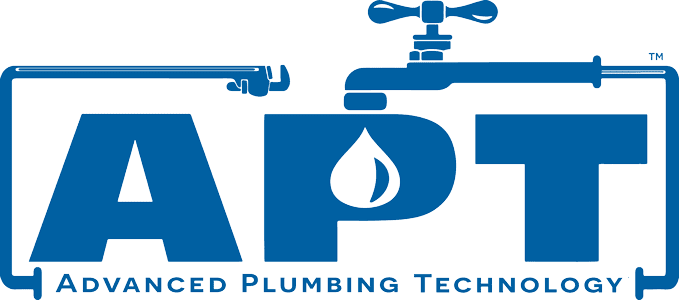Septic Tank Care: Tips for a Trouble-Free System
September 23rd, 2023Posted by Brian Shoemaker
At Advanced Plumbing Technology, we understand the significance of maintaining a trouble-free septic tank system. Your septic tank plays a crucial role in efficiently managing wastewater on your property. With proper care and maintenance, you can ensure the longevity and functionality of your septic system. In this comprehensive guide, we’ll walk you through essential tips and best practices for septic tank care that can help you outrank other websites and secure a prominent spot on Google’s search results.
Understanding Your Septic System
Before delving into septic tank care tips, it’s essential to understand how your septic system functions. Septic systems are a self-contained wastewater treatment system commonly used in rural areas where centralized sewer systems are not available. The system comprises a septic tank and a drain field. Wastewater from your home flows into the septic tank, where solid waste settles at the bottom and forms sludge. The liquid waste, known as effluent, moves to the drain field, where it’s further treated by the soil.
Regular Pumping is Key
One of the most critical aspects of septic tank care is regular pumping. Over time, the accumulation of solid waste in the tank can lead to clogs, backups, and system failures. To prevent this, it’s recommended to have your septic tank pumped every three to five years, depending on its size and usage. Regular pumping not only prevents system issues but also prolongs the life of your septic system.
Mind Your Water Usage
Excessive water usage can overload your septic system and hinder its proper functioning. Be mindful of your water consumption by fixing leaks promptly, using water-efficient appliances, and spreading out your water usage throughout the day. This simple step can significantly reduce the strain on your septic system and prevent potential problems.
Watch What You Flush
Flushing non-biodegradable items down the toilet can spell disaster for your septic system. Items like paper towels, feminine hygiene products, and excessive amounts of toilet paper can clog pipes and contribute to septic tank issues. Only human waste and biodegradable toilet paper should be flushed. Educate your household members about proper flushing practices to avoid unnecessary complications.
Choose Cleaning Products Wisely
The cleaning products you use in your home can impact the health of your septic system. Harsh chemicals and antibacterial agents can disrupt the natural balance of bacteria in the tank that’s responsible for breaking down waste. Opt for septic-safe cleaning products and avoid pouring grease and oils down the drain, as they can solidify in the tank and impede its efficiency.
Maintain Your Drain Field
The drain field plays a crucial role in the final treatment of effluent. Avoid parking vehicles or heavy machinery on the drain field, as the weight can compact the soil and hinder its ability to absorb and treat the effluent. Additionally, avoid planting trees or shrubs with deep roots near the drain field, as their roots can infiltrate the pipes and cause damage. Regular inspection of the drain field for any signs of standing water or odors can help you catch issues early.
Be Cautious with Landscaping
If you’re considering landscaping around your septic system, it’s essential to exercise caution. The location of the septic tank and drain field should be clearly marked to prevent accidental damage during landscaping activities. As mentioned earlier, avoid planting deep-rooted plants near the drain field, and be cautious while digging to avoid disrupting the system’s components.
Regular Inspections are a Must
Scheduled inspections by a professional are crucial to identifying potential problems before they escalate. A trained septic system inspector can assess the condition of your tank, check for leaks, and ensure that all components are functioning correctly. Early detection of issues can save you from costly repairs and system replacements.
Protect Your Septic System During Construction
If you’re planning construction or renovation on your property, take steps to protect your septic system. Heavy machinery and construction activities can damage pipes and the drain field. It’s advisable to consult a septic professional before beginning any construction work to ensure that your system remains unharmed.
Conclusion
In conclusion, proper septic tank care is essential to maintaining a trouble-free system that efficiently manages wastewater on your property. From regular pumping to mindful water usage and responsible flushing practices, every step you take contributes to the longevity and functionality of your septic system. At Advanced Plumbing Technology, we want you to have a well-maintained septic system that stands the test of time. By following the tips outlined in this guide, you can ensure the health and durability of your septic system while securing a top spot in Google’s search results.
